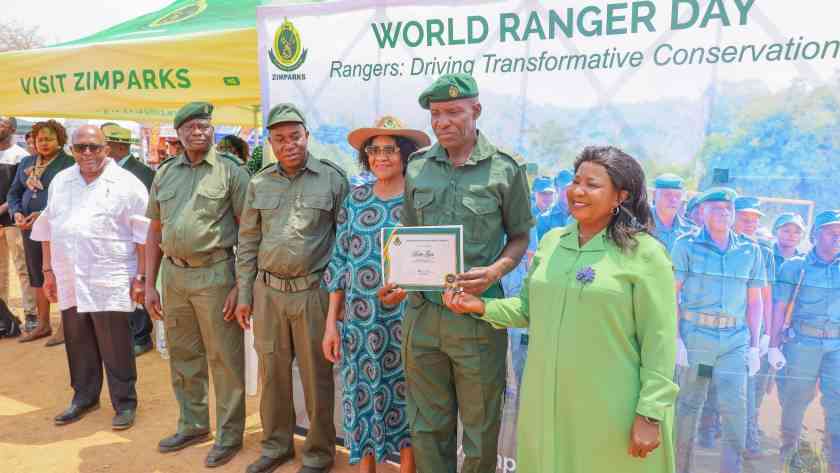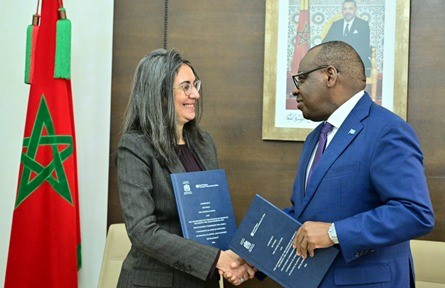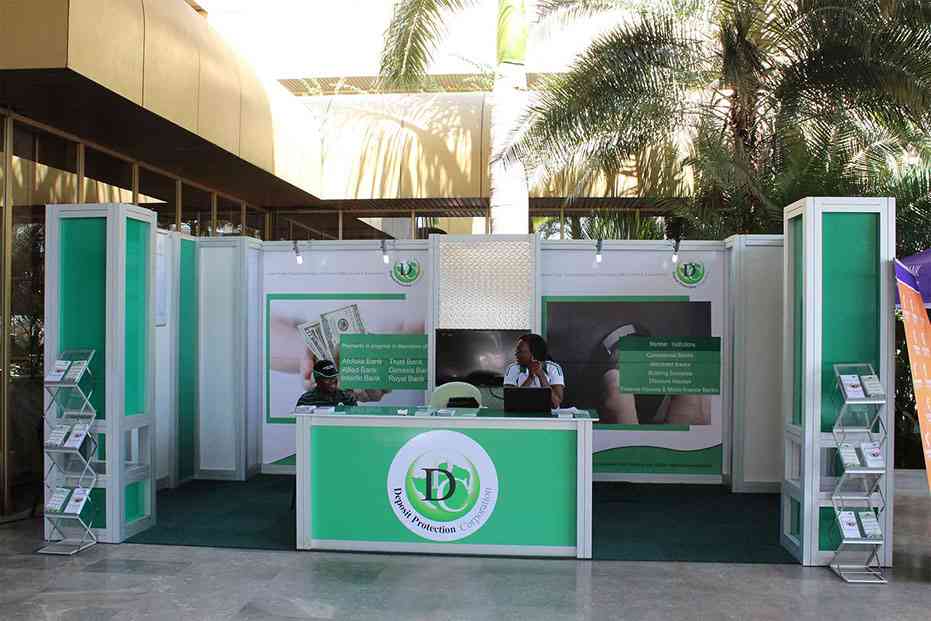
THE tourism sector in Zimbabwe is expected to grow by more than 20% this year, due to renewed confidence in the destination triggered by the recent change of government. NewsDay (ND) business reporter, Mthandazo Nyoni interviewed Zimbabwe Tourism Authority (ZTA) chief executive, Karikoga Kaseke (KK) about, challenges facing the industry as well as its growth prospects. Below are excerpts from the interview:
By Mthandazo Nyoni
ND: According to your assessment of the local tourism business, what can be your comment on the performance of the sector in Zimbabwe for the year 2017?
KK: It is quite exciting to notice that although the tourism sector has faced a number of challenges in recent years, the new era has brought about increased optimism on the sector’s growth prospects. According to figures for the first nine months of 2017, the country received 1 726 247 tourist arrivals, 12% up from 1 538 905 received during the same period in 2016.
ND: What major challenges did the sector face?
KK: During the period under review the following challenges were predominant. Funding, (we had) inadequate marketing infrastructure which persisted during the year under review thereby hampering for the authority’s marketing programmes. Given that the destination is largely nature and wildlife-based, it is imperative to ensure that the relevant authority receives funding in support of conservation programmes, which perennially suffered from poor funding. Meanwhile, the absence of long term and concessionary project financing continued to affect the tourism industry’s facilities retooling, upgrading and modernisation programmes.
International market representation remains an issue in source markets, especially at the backdrop of looming increased market presence by competing destinations such as South Africa, Tanzania, Namibia, Botswana and Kenya among others. There is very little activity taking place in the external offices due to lack of funding. Most of our tourist offices in the markets, their operations have been at a standstill because they lack resources. Despite spirited efforts aimed at promoting meetings, incentives, conferences and exhibitions (Mice) tourism, the destination is being hampered by among other factors — poor funding for Mice promotion and lack of adequate and state-of-the-art facilities in key destinations including Harare, Victoria Falls, Kariba and Nyanga.
ND: How did the market responded to the new developments in the country, for instance, the reduction of police roadblocks on the country’s highways?
- Chamisa under fire over US$120K donation
- Mavhunga puts DeMbare into Chibuku quarterfinals
- Pension funds bet on Cabora Bassa oilfields
- Councils defy govt fire tender directive
Keep Reading
KK: The new developments in the country have been positively received in most, if not all our sources markets around the world. This has also helped improve the image of Zimbabwe as a safe and peaceful destination. You single out the issue of police roadblocks, the reduction and in some instances completely removal of these has been well-received by the tourism sector, which had become the loudest constituency on the matter.
ND: What are your expectations from the new government as a sector? What major issues do you feel the new government should address?
KK: We expect government to accord the tourism sector its rightful position. In the past government paid lip service to tourism where the sector was said to be strategic, a low hanging fruit and a quick win, but when it came to resource allocation and policy formulation this did not reflect. Issues that we raised then and continue to raise and that we feel should be addressed are facilitation of tourism, funding of the tourism industry (and) revision of policies across all sectors to make them pro tourism.
The tourism industry is excited about the recently announced $15 million support facility, which according to the Reserve Bank of Zimbabwe could be increased to about $100 million depending on the uptake. The facility will go a long way in assisting operators in refurbishing and upgrading their facilities.
ND: Are we getting much from domestic tourism?
KK: While the domestic market has been negatively affected by the prevailing socio-economic environment in the country, it remains a critical market segment for destination Zimbabwe. According to the 2016, Overview Performance of the Tourism Sector Report for 2016, the domestic market constituted 82% of the total hotel occupancy. It should, however, be noted that in Zimbabwe the domestic market is dominated by business travel, where a small percentage of the population take holidays at home with the majority of them preferring to travel to international destinations for leisure. However, there has been a noticeable increase in the number of schools visiting the local tourism areas in response to the new curriculum being implemented by the Primary and Secondary Education ministry. It is important to note that the domestic tourism market does not introduce new money in the destination like the international visitors but helps to distribute and circulate revenue in the local economy through the tourism value chain.
ND: What efforts are you making as ZTA to ensure that the nation benefits from this market?
KK: ZTA is working closely with the tourism operators in order to introduce attractive and affordable holiday packages for the domestic market throughout the year especially during the low season. A number of leading hotel groups are now offering such affordable holidays for the local market for both urban and resort areas, whilst some players in the financial sector also introduced some holiday products that include travel now pay later holiday incentives. However, it is important to note that the majority of the local population does not have the freely disposable income to afford taking a holiday given the negative prevailing socio-economic environment in the country and the desire to satisfy other basic needs first such as shelter, education and health. There is need, therefore, for concerted efforts to make people realise that taking a holiday is not a luxury but a necessity.
ND: What is your 2018 outlook?
KK: The tourism industry in Zimbabwe is expected to continue growing on a positive trend going forward, on account of the renewed confidence in the destination following the successful conclusion of Operation Restore Legacy. The sector in Zimbabwe is expected to grow by more than 20% in 2018, thereby surpassing the annual global tourism growth and regional growth forecast of 4 – 5% and 5,5% respectively. The envisaged positive performance of the tourism industry in Zimbabwe is expected to hinge on factors such as regional tourism growth trends, the new Victoria Falls Airport, improved destination image, new airlines, continued marketing efforts and destination awareness and improvement in the service delivery. The new dispensation has brought with it a positive image of the destination. After nearly two decades of negative publicity, Zimbabwe is slowly recovering from the negative image, as seen by the removal of travel warnings against the country by several countries including the United States, Japan and Germany last month.











